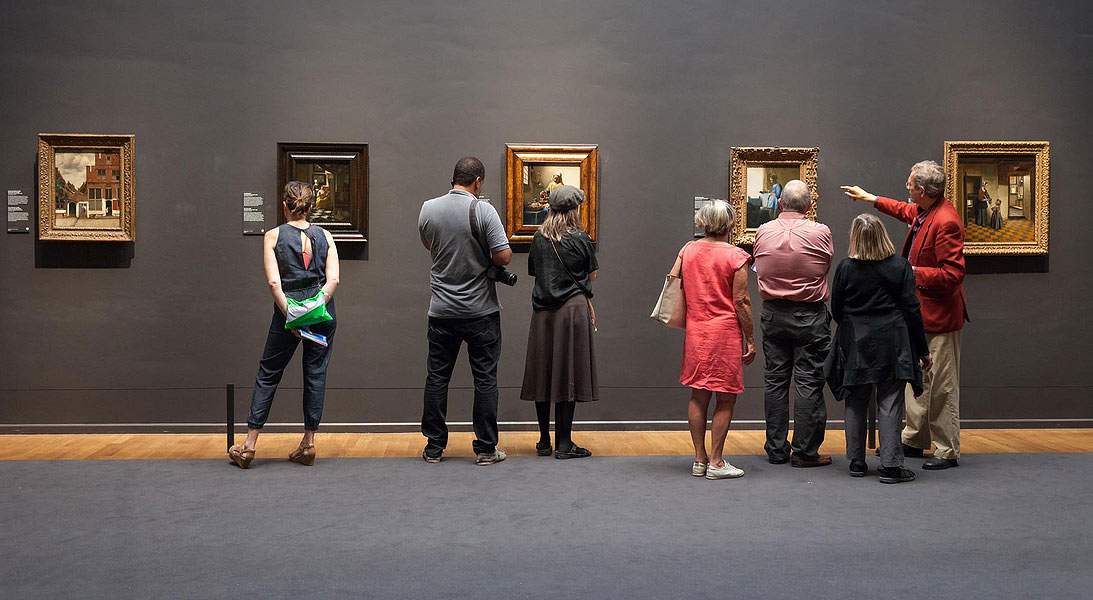Something needs to be done soon: the prolonged lockdown due to the health emergency risks causing serious and irreparable damage not only to citizens (prolonged domestic containment affects the psychological fragility of many, victims of violence, those with disabilities) but also to economic activities, including those of cultural workers. The terrible tragedy being experienced by cultural temps due to the Covid-19 coronavirus pandemic risks not only heavy repercussions on their lives, but may cripple an entire sector. These are the results of a survey conducted between March 13 and April 3 by activists of the association Mi riconosci (which has always been active in protecting the rights of cultural workers), who conducted a survey involving nearly two thousand workers (1889 to be exact).
Some partial results have already been presented (full statistics will be released on Tuesday, April 14). Of those surveyed, as many as 56 percent complain of work stoppage and zero or collapsed income, 24 percent of business interruption with uncertain economic consequences, and 11 percent of a drastic drop or stoppage of contracting. There are no immediate consequences for only 4 percent of respondents, while 3 percent have not had their contracts innovated and 1 percent have had their contracts transformed for the worse. On the other hand, 0.6 percent have suffered layoffs, while 0.2 percent have been put on smart working, and the same percentage of 0.2 percent concerns workers put on layoff. Most of them (more than 900) claim to have lost their entire income as a result of the emergency.
Regarding the possibility of financially sustaining this forced rest regime (i.e., being able to hold on without help), most (51%) estimate that they cannot hold on for more than two months: 3% even one week, 5% two weeks, 21% about one month, and 22% about two months. In contrast, 16% believe they can go without help for about three months, 13% up to six months, 5% up to a year. Only 12% have other income or have help. Still, more than 30% of respondents believe they have more than 50 colleagues in the same situation. And only 22% consider the measures taken by the government to be adequate: among the most requested measures are the extension of social safety nets, more constraints on companies, more contractual protections, tax relief to companies operating in the sector, and public investment.
The majority of respondents (32.9 percent) work on a VAT number, and these are joined by 14.9 percent of workers who work on a casual or withholding tax basis, but there are also workers with employee contracts (12.8 percent fixed-term, 10.7 percent permanent). However, all other respondents work with atypical forms: on-call, co.co.co, project contracts, and there are also those who work without any contract.
 |
| The plight of cultural temps: 56% of them suffered a drop in income due to lockdowns |
Warning: the translation into English of the original Italian article was created using automatic tools. We undertake to review all articles, but we do not guarantee the total absence of inaccuracies in the translation due to the program. You can find the original by clicking on the ITA button. If you find any mistake,please contact us.